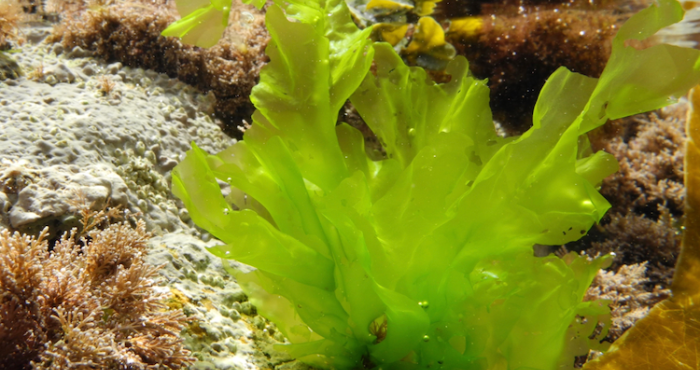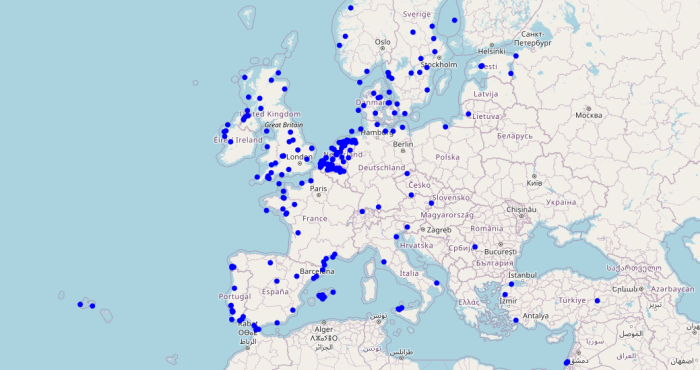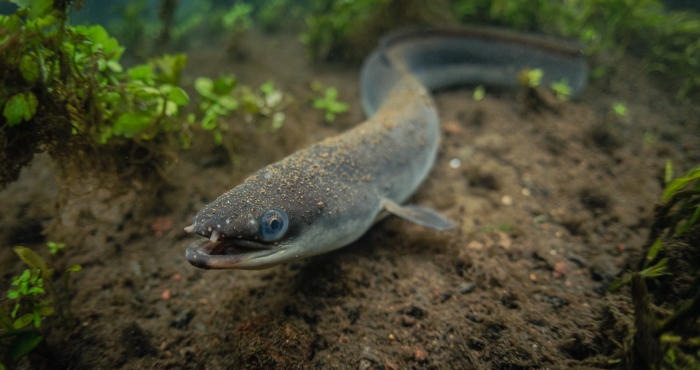First Ascidiacea Editors Meeting
From the 15th until 17th of February 2016, Ascidiacea experts from around the world met at the Flanders Marine Institute (VLIZ), host institute of the World Register of Marine Species (WoRMS). The meeting brought together all of the WoRMS Ascidiacea editors and a special guest: the world-renowned ascidian taxonomist Françoise Monniot.
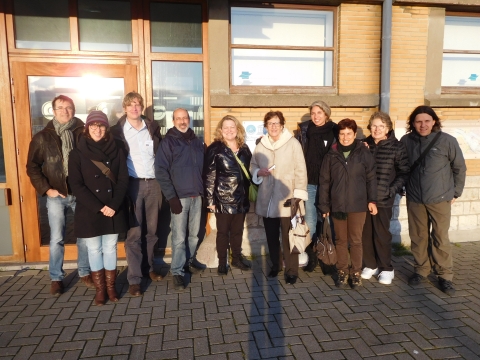
This unique event heralded the first time that all Ascidiacea editors came together in one place. The first objective was to revise the contents of the Ascidiacea World Database. The team tackled knowledge gaps and issues identified prior to the workshop. In addition, many species records, distribution and taxonomic issues were resolved during the workshop.
The WoRMS Data Management Team (DMT) organized extremely useful hands-on training that taught editors more efficient ways to work with the online editing interface and available tools. This led to a discussion about finding ways to incorporate into the Ascidiacea World Database large datasets compiled over decades by taxonomists such as Claude and Françoise Monniot. Finally, the editors discussed future plans. Top priority will be to ensure that the list of Ascidiacea remains as complete and up-to-date as possible. Secondly, the editors will add an identification key for the main families to the Ascidiacea World Database. Additionally, a large number of old and new taxonomic papers will be made readily accessible in the Ascidiacea World Database in PDF format. Finally, a new database of morphological and ecological traits will be compiled.
All participants were thrilled by the experience and found the workshop extremely important.
This initiative was supported by LifeWatch Belgium, part of the E-Science European LifeWatch Infrastructure for Biodiversity and Ecosystem Research. LifeWatch is a distributed virtual laboratory which is used for different aspects of biodiversity research. The Taxonomic Backbone of LifeWatch aims at bringing together taxonomic and species-related data and at filling the gaps in our knowledge. In addition, it gives support to taxonomic experts by providing them logistic and financial support for meetings and workshops related to expanding the content and enhancing the quality of taxonomic databases.
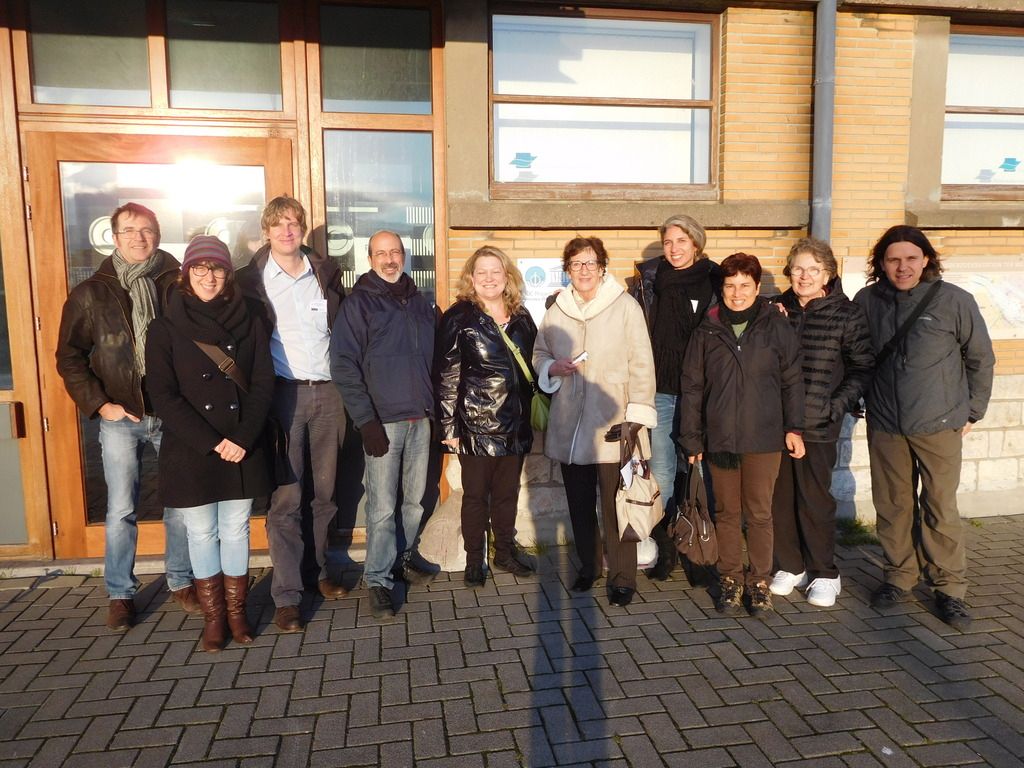
The WoRMS Data Management Team (DMT) organized extremely useful hands-on training that taught editors more efficient ways to work with the online editing interface and available tools. This led to a discussion about finding ways to incorporate into the Ascidiacea World Database large datasets compiled over decades by taxonomists such as Claude and Françoise Monniot. Finally, the editors discussed future plans. Top priority will be to ensure that the list of Ascidiacea remains as complete and up-to-date as possible. Secondly, the editors will add an identification key for the main families to the Ascidiacea World Database. Additionally, a large number of old and new taxonomic papers will be made readily accessible in the Ascidiacea World Database in PDF format. Finally, a new database of morphological and ecological traits will be compiled.
All participants were thrilled by the experience and found the workshop extremely important.
This initiative was supported by LifeWatch Belgium, part of the E-Science European LifeWatch Infrastructure for Biodiversity and Ecosystem Research. LifeWatch is a distributed virtual laboratory which is used for different aspects of biodiversity research. The Taxonomic Backbone of LifeWatch aims at bringing together taxonomic and species-related data and at filling the gaps in our knowledge. In addition, it gives support to taxonomic experts by providing them logistic and financial support for meetings and workshops related to expanding the content and enhancing the quality of taxonomic databases.


